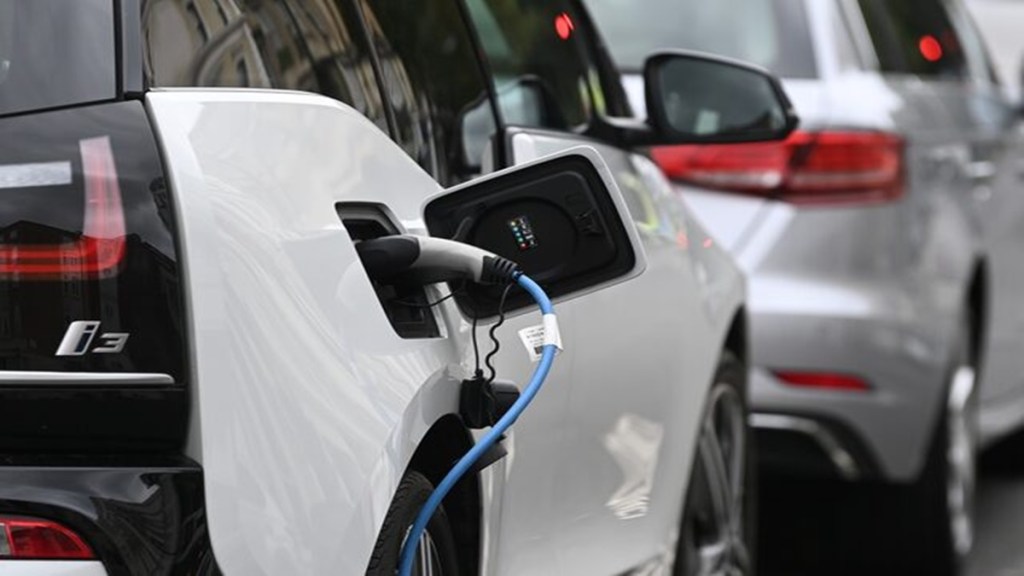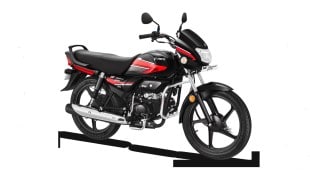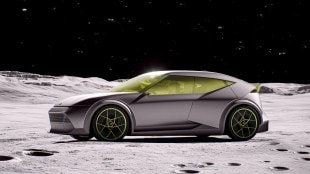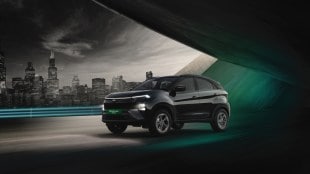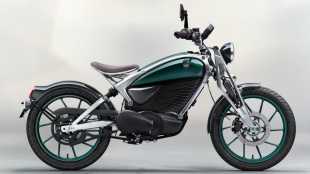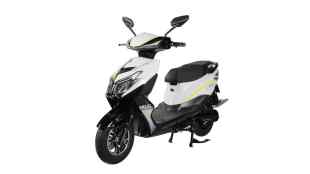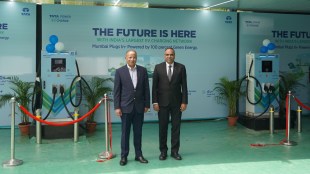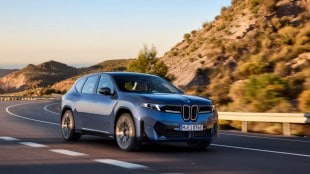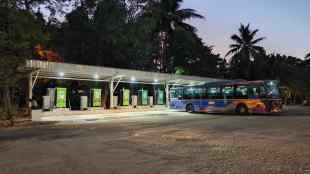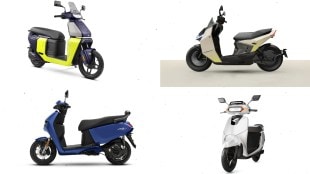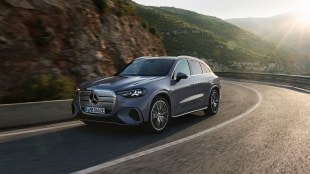The government will tweak its new electric vehicle (EV) policy based on the outcome of ongoing bilateral trade agreement (BTA) and free trade agreement (FTA) negotiations. If these talks lead to tariffs being reduced and brought close to the 15% level currently offered under the policy, then accordingly lower duty would be offered as part of a revised policy, officials said.
As part of the possible changes, the government could consider reducing the tariff to zero in the policy, further lowering the investment commitment, relaxing the domestic value addition (DVA) requirement, or implementing a combination of these measures to further sweeten the deal.
“We are open to changes in the policy, but only based on the outcome of the trade deals. If the tariff relaxation aligns with the levels offered in the policy, we would consider revising it,” the official said.
The government recently launched the Scheme to Promote Manufacturing of Electric Passenger Cars in India (SPMEPCI), commonly referred to as the EV policy, under which global manufacturers can import up to 40,000 vehicles over a five-year period at a reduced import duty of 15%, provided they invest at least $500 million in local manufacturing and meet phased localisation targets.
The policy is primarily aimed at easing tariff barriers, as completely built electric vehicles (CBUs) priced above $40,000 currently attract a 100% import duty in India, while those priced below face a 70% duty.
However, the policy has seen limited interest from automotive players due to its stringent guidelines and the potential for tariff reductions through upcoming trade deals. In the ongoing trade talks, the US and EU have requested duty cuts on EVs.
In light of potential duty cuts, the government is considering options to make the policy more attractive.
The guidelines of the policy are also likely to be released only after the conclusion of the trade deals.
“The guidelines will be released once there is clarity on the trade deals. We have sought comments from the concerned ministries, including Commerce and Finance,” the official added.
Tesla recently highlighted high tariffs as a key reason for its slow entry into the Indian market.
Vaibhav Taneja, Tesla’s chief financial officer, made it clear during the company’s earnings call on Tuesday that import tariffs are a major deterrent. “The same car which we are sending is 100% more expensive than what it is. So that creates a lot of anxiety. People feel they are paying too much for the car,” he said, pointing to how the high cost erodes consumer confidence. Taneja added that Tesla is being very careful in choosing the right moment to formally launch in India.
The US has also flagged high import duty on auto, among other products, by India. However, domestic automakers are not in favour of any relaxation here fearing that duty cuts for foreign firms without local investment would hurt the emerging EV ecosystem within the country.
